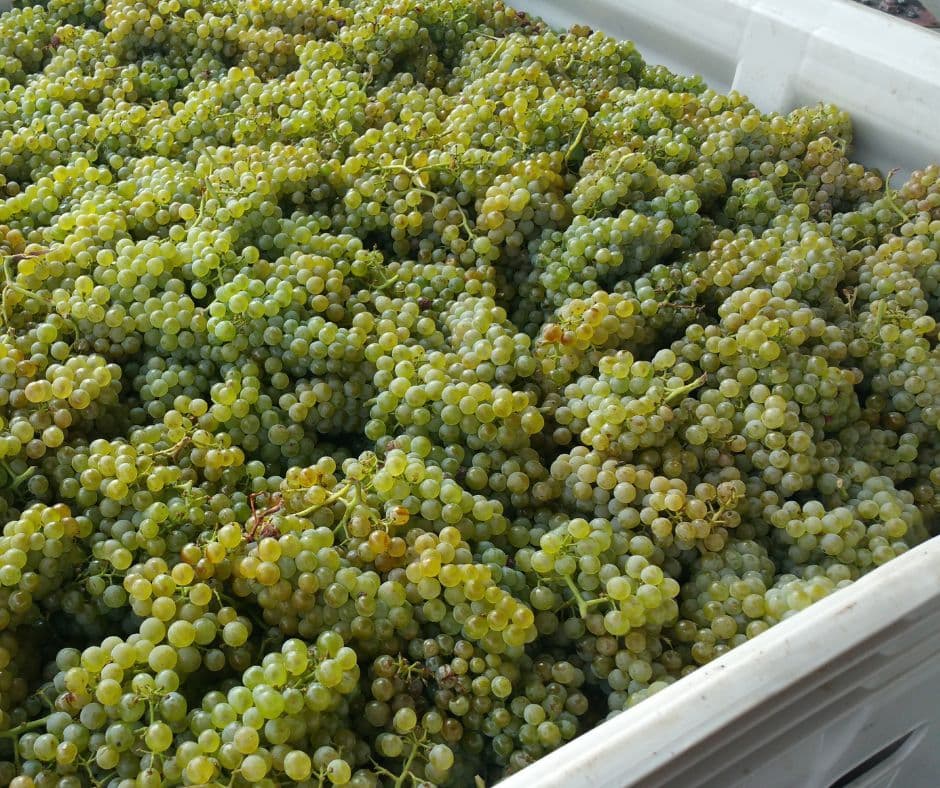Home to The Barn B&B, Walla Walla is a region brimming with rich history and cultural heritage. Known today for its vibrant wine industry, charming downtown, and scenic landscapes, Walla Walla's story is one of resilience, diversity, and transformation. Let’s go on a journey through the historical tapestry of Walla Walla.
Early Inhabitants and Settlers
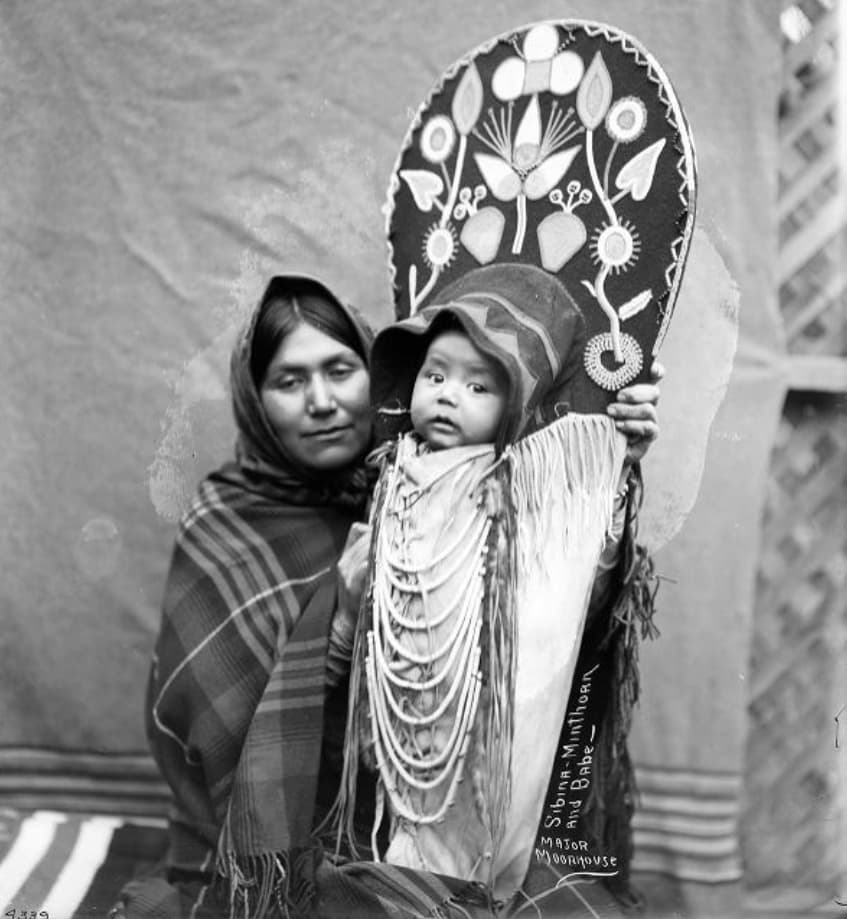
Lee Moorhouse (1850-1926) photographs, 1888-1916, (08 Nov 2024). Sabina Minthorn and babe
The history of Walla Walla begins long before European settlers arrived. The region was originally inhabited by the Walla Walla, Cayuse, and Umatilla tribes, who thrived on the fertile land provided by the confluence of the Walla Walla and Columbia Rivers. These tribes lived harmoniously with nature, relying on fishing, hunting, and farming for sustenance. Their rich cultural heritage is still celebrated today through various tribal events and museums.
In the early 19th century, European explorers and fur traders, including the Lewis and Clark Expedition, passed through the region. Their reports of the fertile land attracted settlers, and by the 1830s, missionaries such as Marcus and Narcissa Whitman established missions in the area. Only a few minutes away from The Barn B&B Walla Walla by car, The Whitman Mission, founded in 1836, became a pivotal site in Walla Walla's history, serving as a center for education and religious instruction for both Native Americans and settlers. However, tensions between the settlers and native tribes led to the tragic Whitman Massacre in 1847, which marked a significant turning point in the region's history.
Growth and Development
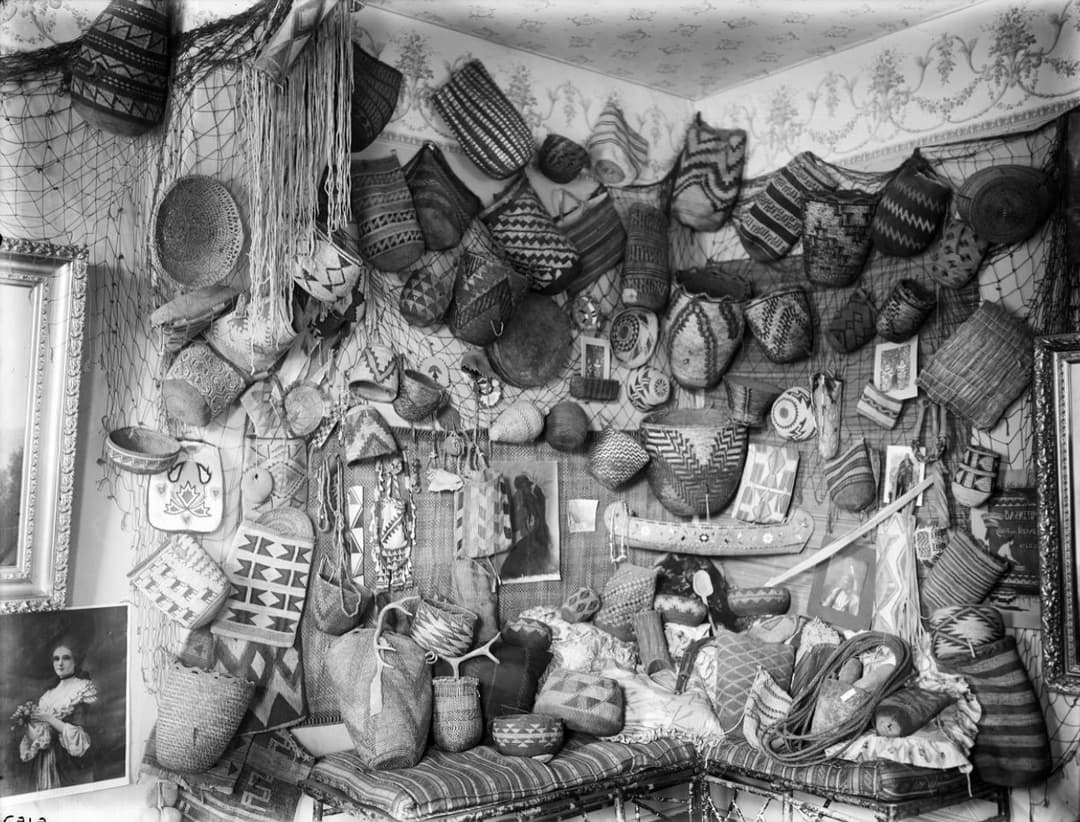
Photo Credit - Lee Moorhouse (1850-1926) photographs, 1888-1916, (08 Nov 2024). PH036_6212 Lee Moorhouse photographs
The mid-19th century saw Walla Walla transition from a mission outpost to a thriving settlement. The California Gold Rush of 1848 brought an influx of prospectors through the area, and by the late 1850s, the town of Walla Walla was officially established. It quickly became an important trading post and supply center for miners and settlers moving westward.
The arrival of the Oregon Trail further cemented Walla Walla’s status as a key transportation hub. By 1862, Walla Walla had become the largest city in Washington Territory, driven by its strategic location and booming agricultural industry. Wheat farming, in particular, flourished in the region, with the fertile soil and favorable climate supporting bountiful harvests.
Cultural and Economic Flourishing
The late 19th and early 20th centuries were a period of cultural and economic growth for Walla Walla. The completion of the Northern Pacific Railway in 1883 connected Walla Walla to broader markets, facilitating trade and travel. The town's infrastructure expanded, with the establishment of schools, churches, and businesses, creating a vibrant community.

Photo credit - Whitman College
Walla Walla also gained a reputation for higher education, with the founding of Whitman College in 1882. Named after the Whitmans, the college became a cornerstone of the community, attracting students from across the country and contributing to the region's cultural and intellectual life.
The Rise of the Wine Industry
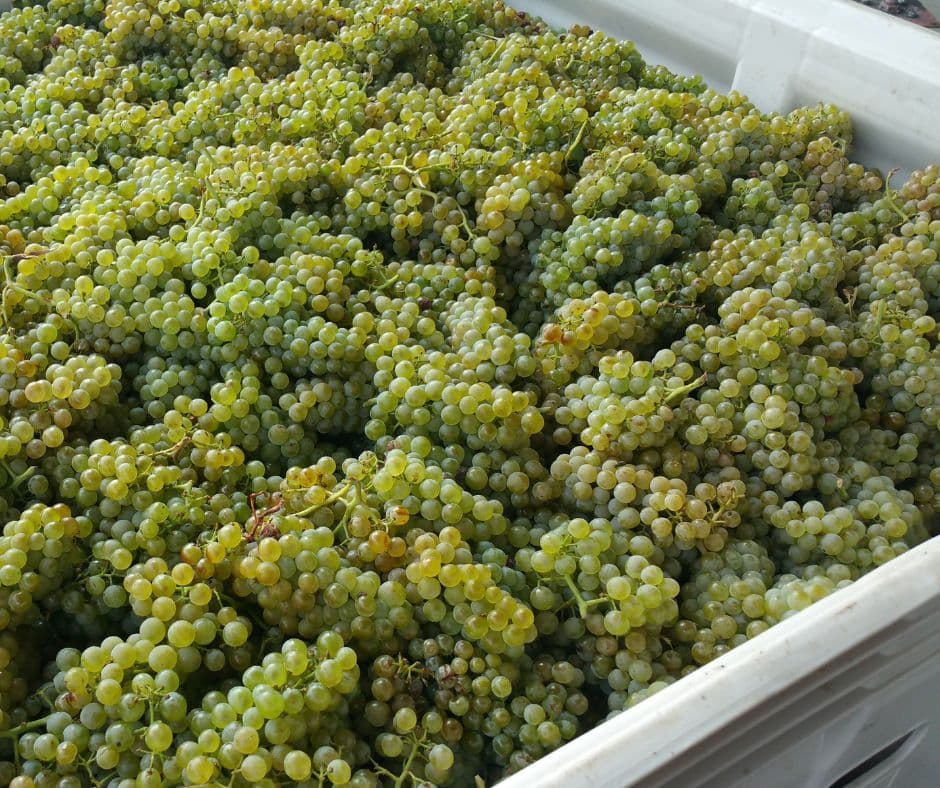
Photo credit - Laura Rose-Grabinski
In recent decades, Walla Walla has emerged as a premier wine-producing region, rivaling the famed vineyards of Napa Valley. The modern wine industry in Walla Walla began in the 1970s, when pioneering winemakers recognized the region’s potential for viticulture. The combination of rich volcanic soil, long sunny days, and cool nights proved ideal for growing grapes, particularly red varietals such as Cabernet Sauvignon, Syrah, and Merlot.
Today, Walla Walla boasts over 120 wineries and has earned numerous accolades for its exceptional wines. The wine industry has not only transformed the local economy but also attracted tourists from around the world, eager to explore the vineyards, tasting rooms, and wine festivals that celebrate the region's vinous bounty. See our winery recommendations here.
Preservation and Celebration
Despite its growth and modernization, Walla Walla remains deeply connected to its historical roots. Efforts to preserve historical landmarks and promote cultural heritage are evident throughout the region. The Fort Walla Walla Museum, for instance, offers a glimpse into the area's past with exhibits on pioneer life, military history, and Native American artifacts.
Downtown Walla Walla, with its well-preserved 19th-century buildings, exudes a charming, nostalgic atmosphere. Strolling along its tree-lined streets, visitors can explore local boutiques, art galleries, and restaurants that reflect the town's rich history and contemporary vibrancy.
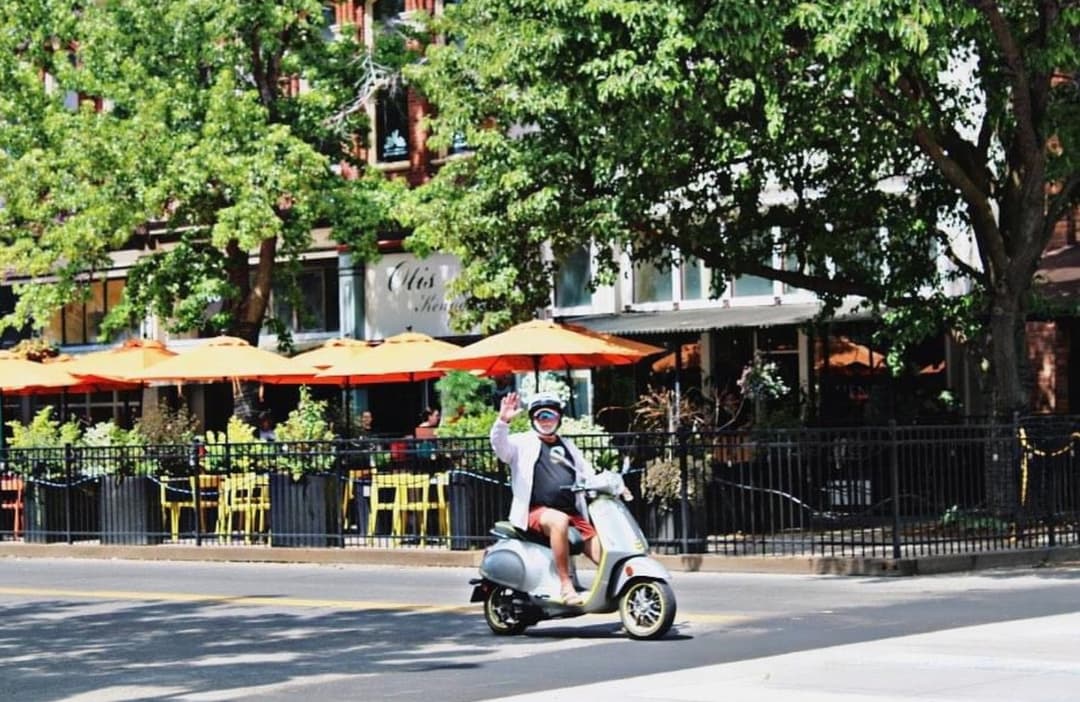
Photo Credit - Laura Rose-Grabinski
Walla Walla's history is a tapestry woven with threads of indigenous heritage, pioneer spirit, agricultural prosperity, and vinicultural excellence. From its early days as a Native American homeland and missionary outpost to its current status as a renowned wine destination, Walla Walla has continually evolved while honoring its past. Exploring Walla Walla’s history is not just a journey through time, but a celebration of the diverse influences that have shaped this unique and resilient community.
Whether you’re a history buff, a wine enthusiast, or simply a curious traveler, Walla Walla invites you to discover its rich heritage and vibrant present. Come and experience the stories, flavors, and traditions that make Walla Walla a truly special place during your stay at The Barn B&B Walla Walla.

